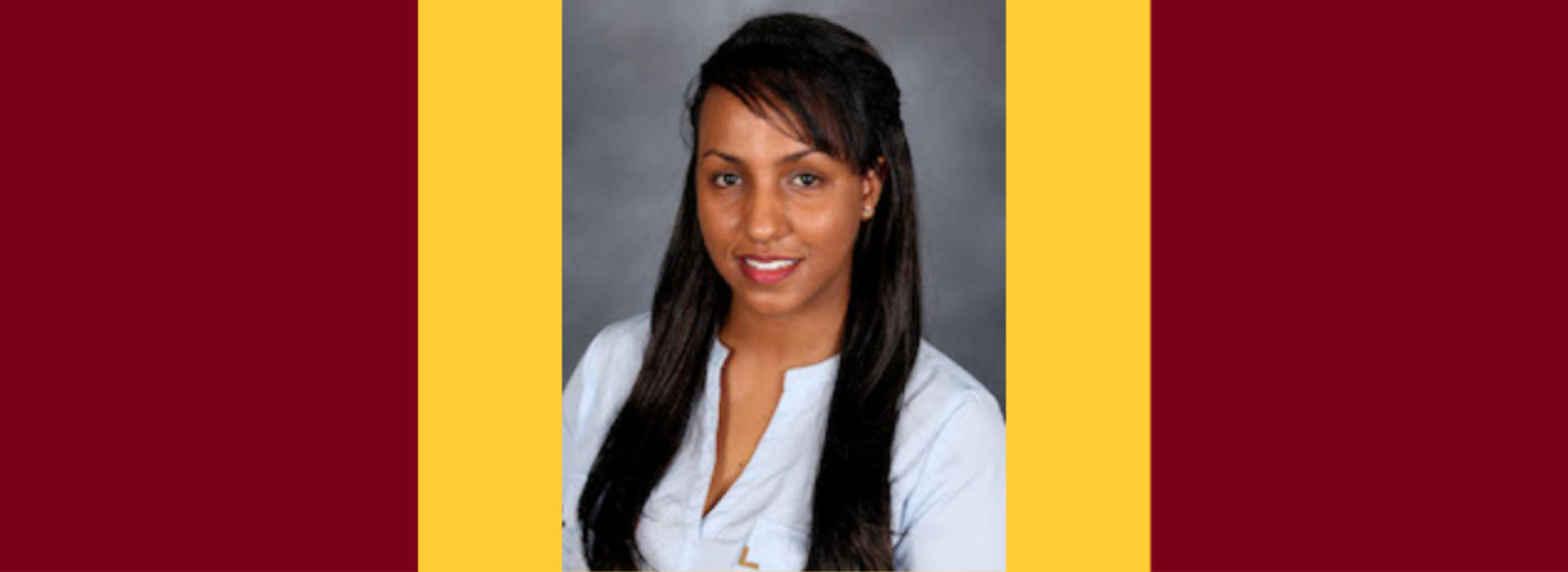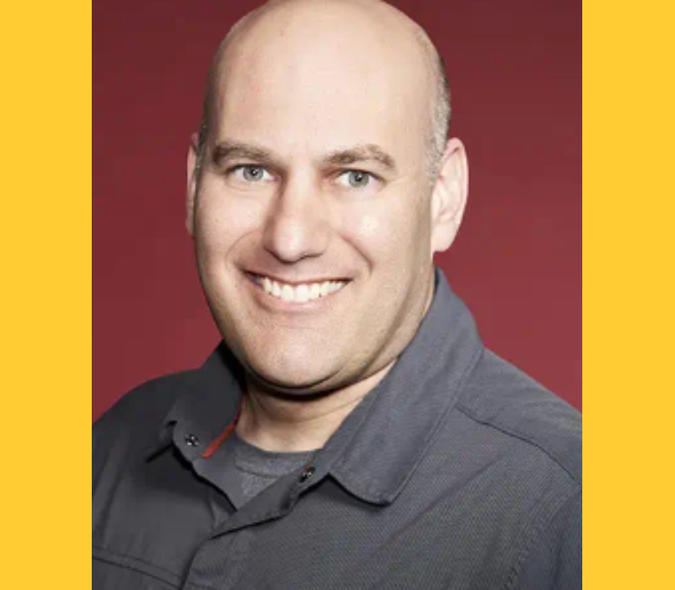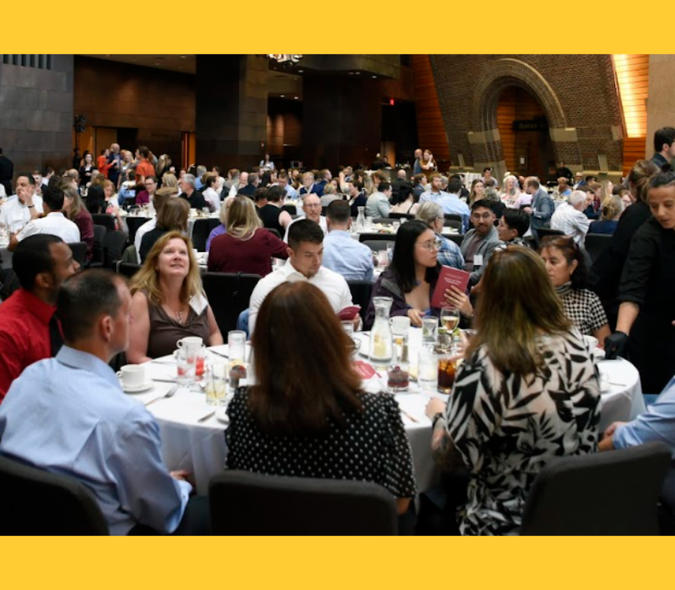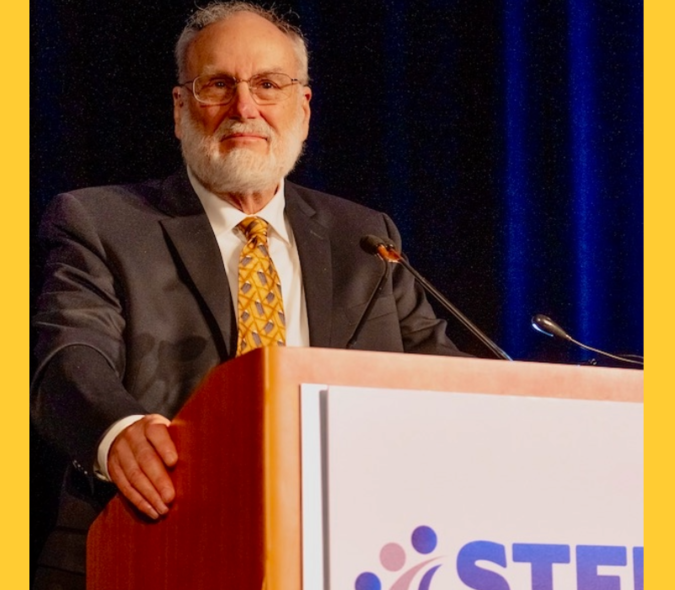
ALUMNI NEWS | 5 Questions with a Family Medicine Graduate: Betlehem Semahge, MD
We asked Betlehem Semahge, MD, a graduate of Woodwinds Hospital Family Medicine Residency Program, five questions about her experience in residency and her outlook on the future of family medicine.
What is one thing that surprised you after beginning your practice?
As most new graduates would feel, I was nervous going into practice as I would start seeing patients by myself, without having a preceptor to oversee my diagnosis and treatment plan. But I was surprised by how comfortable I felt right away, thanks to my broad-spectrum family medicine training and my faculty who had prepared me well.
What is one vital lesson gained from your residency training that you apply today?
In residency, it was instilled in me that clinical care contributes to only about 10-20 percent of a person’s health, and that more than 80 percent is determined by non-medical factors. Keeping this in mind, I try my best to identify barriers to health and provide community resources to best serve my individual patients.
What makes you hopeful for the future?
That there are more conversations taking place about racism in medicine in all its various forms, be it in bias and stereotyping patients, structural barriers to access, and the lack of healthcare workforce diversity, among others. I am hopeful that addressing these issues will get us closer to achieving health equity.
What is one piece of advice for those about to begin family medicine residency?
I think remembering your “why” is very important. When things get challenging, when paperwork is building up in your folder, when taking care of a difficult patient—take a moment and remember your “why.” It has helped me through difficult times. Additionally, know when you need to step away and recharge or talk to someone, because burnout is real.
What is one aspect of your practice in family medicine that you are proud of?
I just got back from a year-long mission trip to Nigeria where we worked with local communities and health centers to augment their healthcare delivery and provide medical resources. Working with local health providers, we held health seminars for community members of various age groups to empower them to make informed health decisions. Health education was mainly focused on preventative care, which is foundational to family medicine and especially helpful in this community with limited care access.



